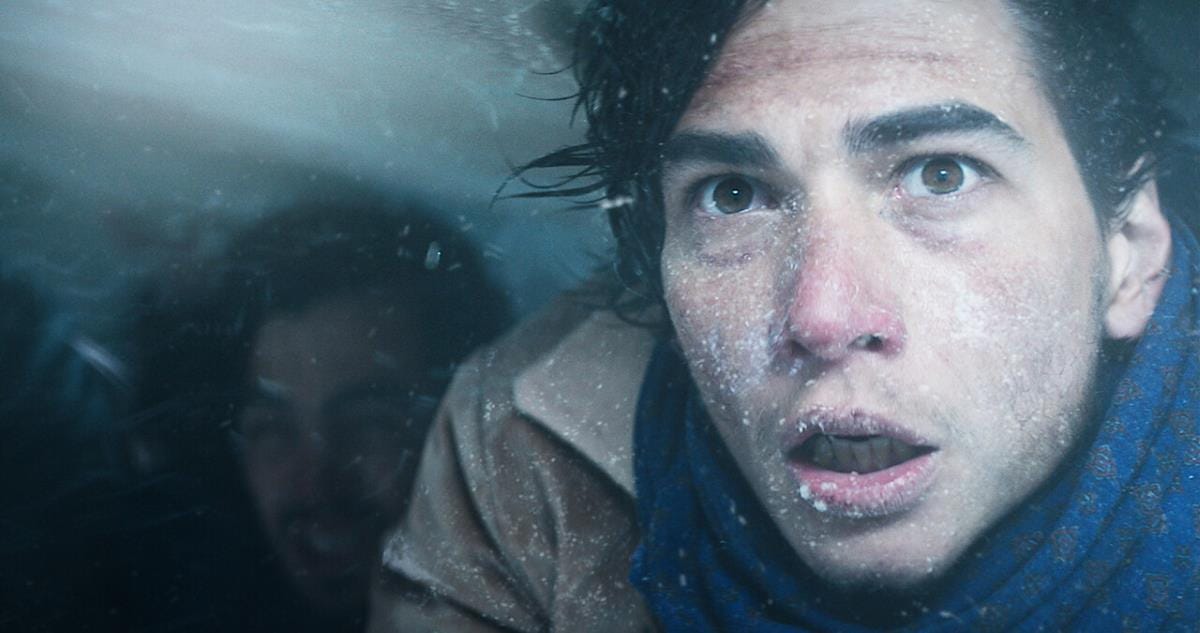Cannibalism, Comradeship, and the Raw Truth of 'Society of the Snow'
“Society of the Snow” offers a brutally honest look at the Uruguayan rugby team's 1972 plane crash ordeal. Expect visceral realism, the haunting question of cannibalism, and an unflinching focus on stark survival.

Occasionally, the stories we need aren't the ones we'd choose. On October 13th, 1972, a rugby team's jaunt through the Andes resulted in tragedy. The real horror, however, came after the crash – the gnawing hunger, the chilling desolation, and a choice born of desperation that continues to haunt. 'Society of the Snow' plunges headfirst into that very horror, and it ain't for the faint of heart.
This isn't some glossy, feel-good survival flick. Director J.A. Bayona ('The Impossible') paints a stark portrait in 'Society of the Snow'. Every shiver, every agonizing groan of frostbitten flesh, every stark moral dilemma… it all hits hard. Sure, there's camaraderie and the human spirit triumphing, but the cost echoes through every excruciatingly realistic frame. Think less 'Alive' (which, let's be real, has a certain 1990s blockbuster sheen to it) and more along the brutal honesty of something like 'The Revenant'.




